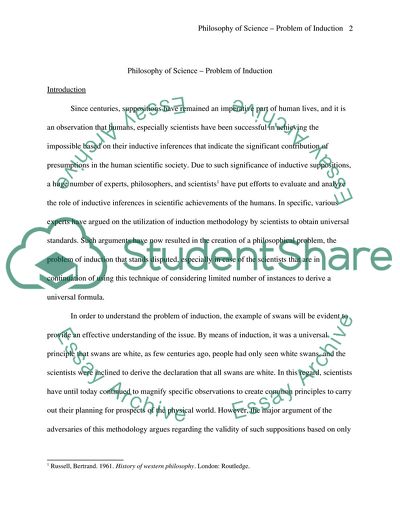Cite this document
(“Philosophy of science Essay Example | Topics and Well Written Essays - 2500 words”, n.d.)
Retrieved from https://studentshare.org/miscellaneous/1566656-philosophy-of-science
Retrieved from https://studentshare.org/miscellaneous/1566656-philosophy-of-science
(Philosophy of Science Essay Example | Topics and Well Written Essays - 2500 Words)
https://studentshare.org/miscellaneous/1566656-philosophy-of-science.
https://studentshare.org/miscellaneous/1566656-philosophy-of-science.
“Philosophy of Science Essay Example | Topics and Well Written Essays - 2500 Words”, n.d. https://studentshare.org/miscellaneous/1566656-philosophy-of-science.


